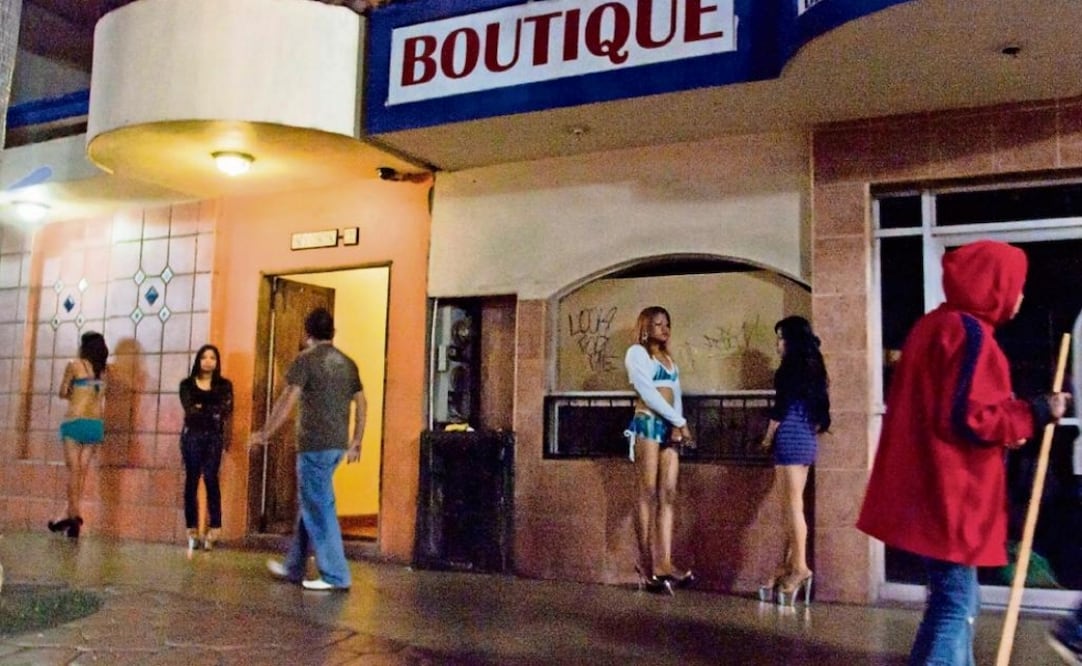Human trafficking, which mainly affects women and children, continues to go unpunished in Mexico.
Recent data released by Mexico's Human Rights Commission (CNDH, Spanish acronym) shows that over the last three years, there were 3,549 reported victims of human trafficking. In stark constrast, only 108 people at the local level were tried for their involvement in human trafficking. At the federal level? Only 12.
In an interview with EL UNIVERSAL, Édgar Corzo Sosa, an inspector with the Omission, emphasized that Mexico has yet to grasp the severity of the human trafficking of women, children and men.
“We're at a point where human trafficking continues to go unseen; nothing is being investigated and nobody is being punished for their part in these heinous crimes,” he said.
He also warned of the possible dangers of social media, where predators are known for luring in their victims. “Social media poses a risk for people. You might meet someone online, establish a relationship and in the end that person is not who you thought they were. At the National Human Rights Commission we're launching awareness campaigns in an effort to prevent this crime.”
Corzo Sosa explained that the organization wants to tackle the real causes so people don't fall victims to this crime, which ends in victims either being exploited sexually or for labor.
“We've launched a campaign to tackle this crime with spots and manuals in indigenous languages. It's not the same when someone does things voluntarily or when someone is lied to and misled into doing something. We must not lose focus of the fact that people are being pressured into doing these things.”
According to the figures, 93% of victims were women, 26% were underage, 6% were males, 71% were seniors, 88% were Mexican and 8% were foreigners from the U.S., Honduras, Colombia, Argentina, E Salvador, Guatemala, Cuba, Chile, Nicaragua and Venezuela.
The Human Rights Commission has launched a preventative campaign by distributing over 100,000 information pamphlets throughout the entire country, as well as spots on social media aimed at preventing women from being misled into a life of forced prostitution, in addition to fighting preconceived notions and myths surrounding the human trafficking.
Noticias según tus intereses
[Publicidad]
[Publicidad]














